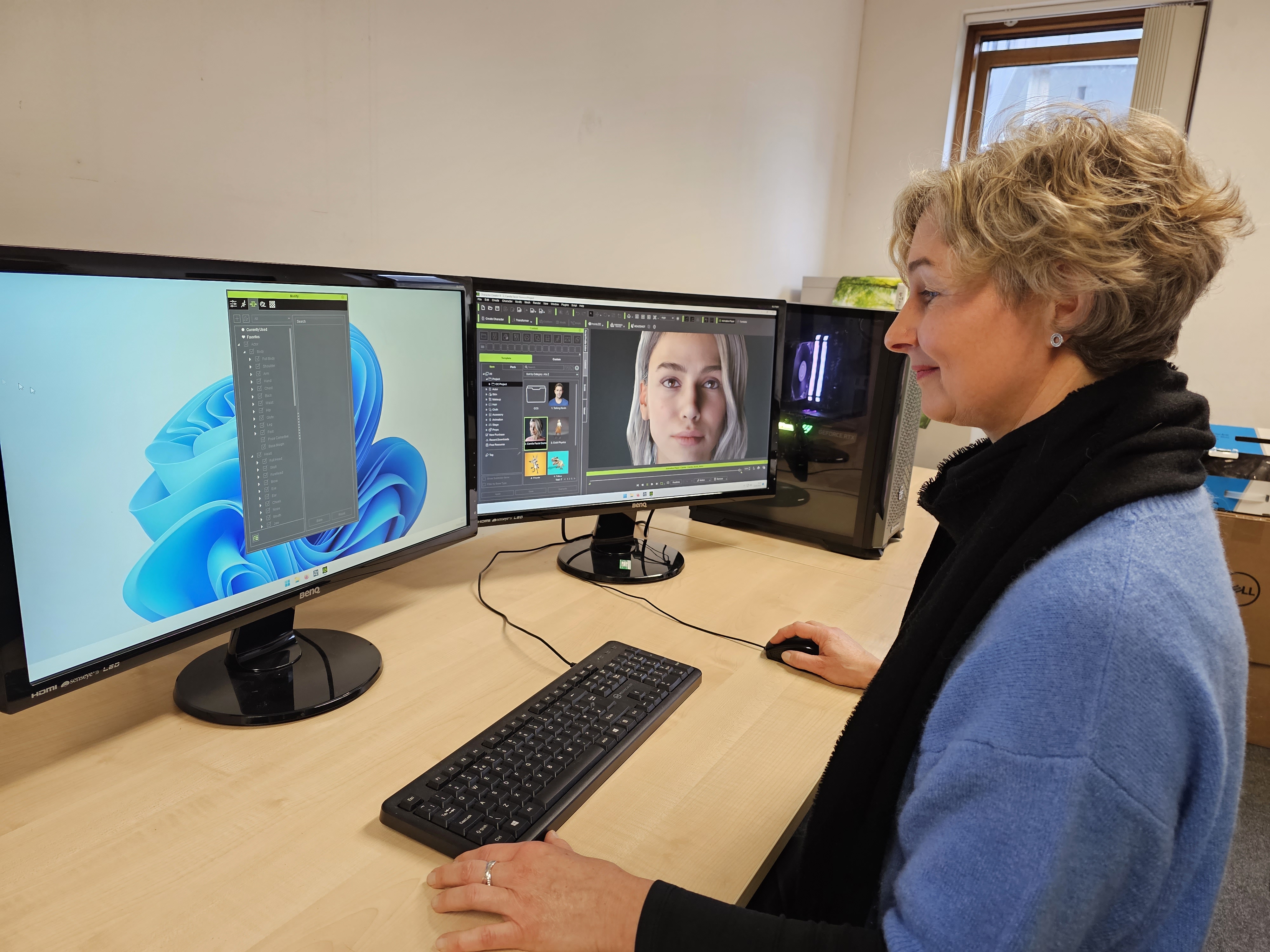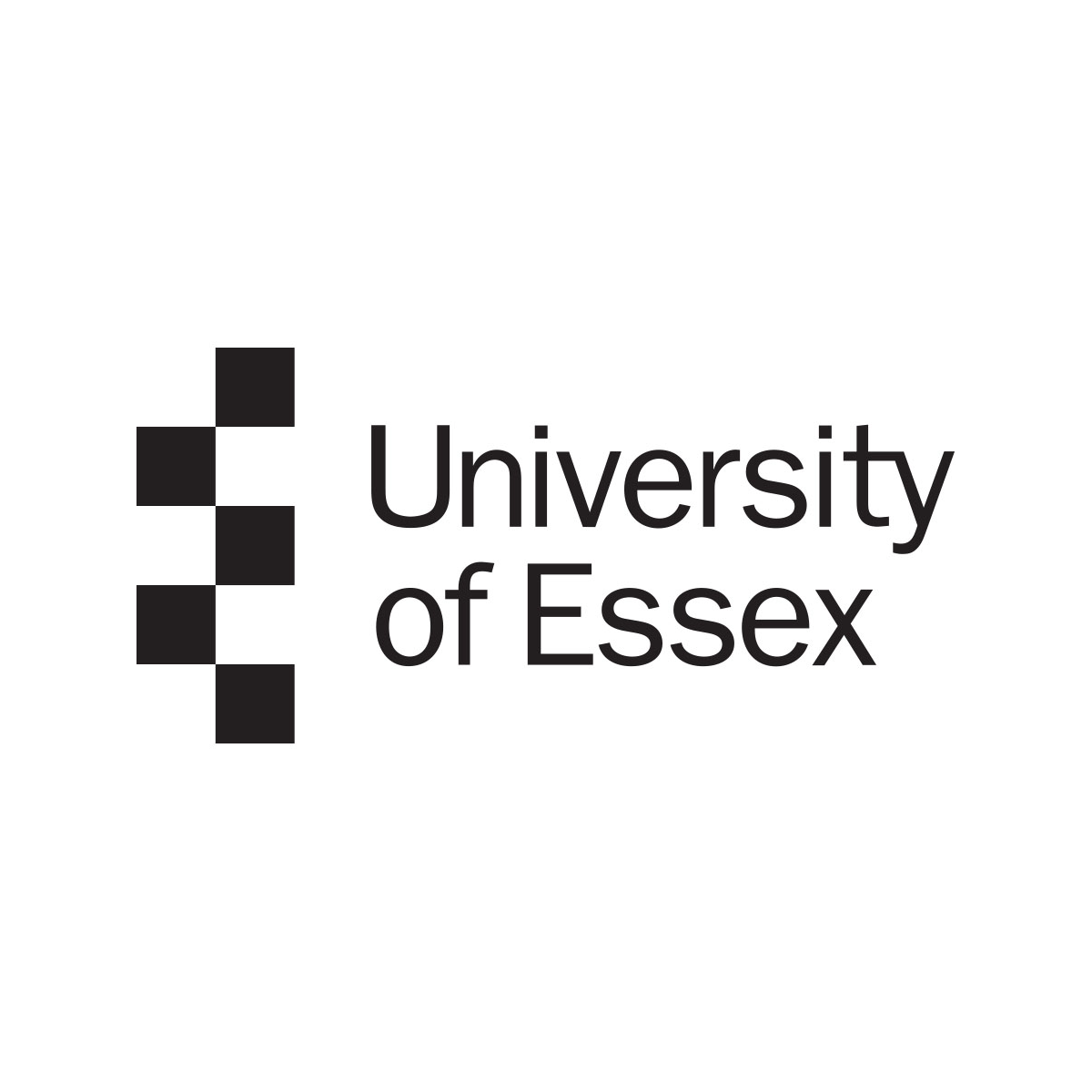Technician blog - Monika Steinke
As part of our Technician Commitment award we are showcasing the valuable role our technicians play across the University in helping Essex deliver excellence in research and excellence in education. In the first of a new series of blogs, Monika Steinke explains her role as a Technician in the Department of Psychology.

What was your career background before working at Essex?
I trained as a science technician at the University of Bremen in Germany where I was later fortunate to work for universities and colleges on various research projects. The areas I operated in covered evolution biology, cancer research, marine microbiology and environmental sciences. I was closely involved in research, teaching and supervising students, as well as managing laboratories. I also worked as a sales representative for an international laboratory equipment distributor, where I visited laboratories and account holders from various universities, schools and the private sector. This provided me with an excellent insight of how different institutions operate, but also demonstrated the variety of laboratory set up/equipment and research available in STEM-related areas. I also hold a bachelor’s degree in Graphic Media.
What is your role at Essex and what are your main duties?
My part-time role working as a Technician in the Department of Psychology ranges from supporting students and staff with computing and software challenges and designing graphic images for research, signs, handouts, laboratory posters and advertising events. I also produce and edit videos and imagery for research as well as designing digital resources.
My other day-to-day tasks include monitoring stock levels in research laboratories and storerooms and hiring-out of equipment to students and staff.
During my current role, I have trained continuously and took on the role of Portable Appliance Tester and DSE facilitator, and was able to delve deeper into the aspects of the Health and Safety provision by completing the IOSH course Managing Safely which was financially supported by the Technician Commitment initiative.
I feel that these additional responsibilities have developed my expertise in providing support to others and broadened my horizon in various areas. I see my role very much as a partnership with others and love working with my technician colleagues, professional services around campus and academic staff to provide the best possible support to our students.
I see us technicians as enablers and find my role very diverse, continuously evolving and therefore extremely rewarding and empowering.
What do you enjoy most about your role?
Working with students and researchers and receiving an insight into their projects is very inspirational. Being able to support them by adding my own expertise to fulfil their full potential is extremely gratifying and I enjoy this aspect of my work very much.
What do you enjoy the least about your job?
Operating as a Technician, like in any other job, also entails routine tasks such as checking expiry dates of consumables used in the laboratories. However, as mundane as it sounds, these are vital tasks to ensure the safety of our staff, students and external participants.
You have a degree in Graphic Media - how has this expertise helped you in your current role?
My technical understanding combined with my graphic media expertise has helped me greatly with assisting researchers to develop unique visual stimuli for their research projects. This can involve searching for and familiarising with graphic software packages as well as being able to translate visual stimuli used in published research papers to develop new research questions. Here it is important that the dimensions of the stimuli are exactly calculated and match the existing literature to enable the research data to be published in scientific journals.
What are the biggest challenges of your job?
Working in a higher education institution surrounded by researchers from very diverse backgrounds means I have to continuously familiarise myself with different tasks. This can be sometimes challenging but I particularly like this part of my work, because it keeps me flexible and adaptable to new ways of thinking.
You have taken part in the Herschel programme, explain what that was about
Last year, I was accepted on The Herschel Programme, a pioneering national programme which addresses the lack of women in technical leadership positions across the sector.
The six-month course further broadened my skillset to be an effective leader and provided me with highly valuable technician contacts all over the country. The workshops addressed how to be an effective leader, discussed the context and culture in higher education and provided tools on how to successfully influence decision making. It was an amazing programme which has enhanced my leadership qualities greatly, increased my confidence and empowered me to lead. Having been part of this programme has definitely set me up for new and exciting pathways in my career.
